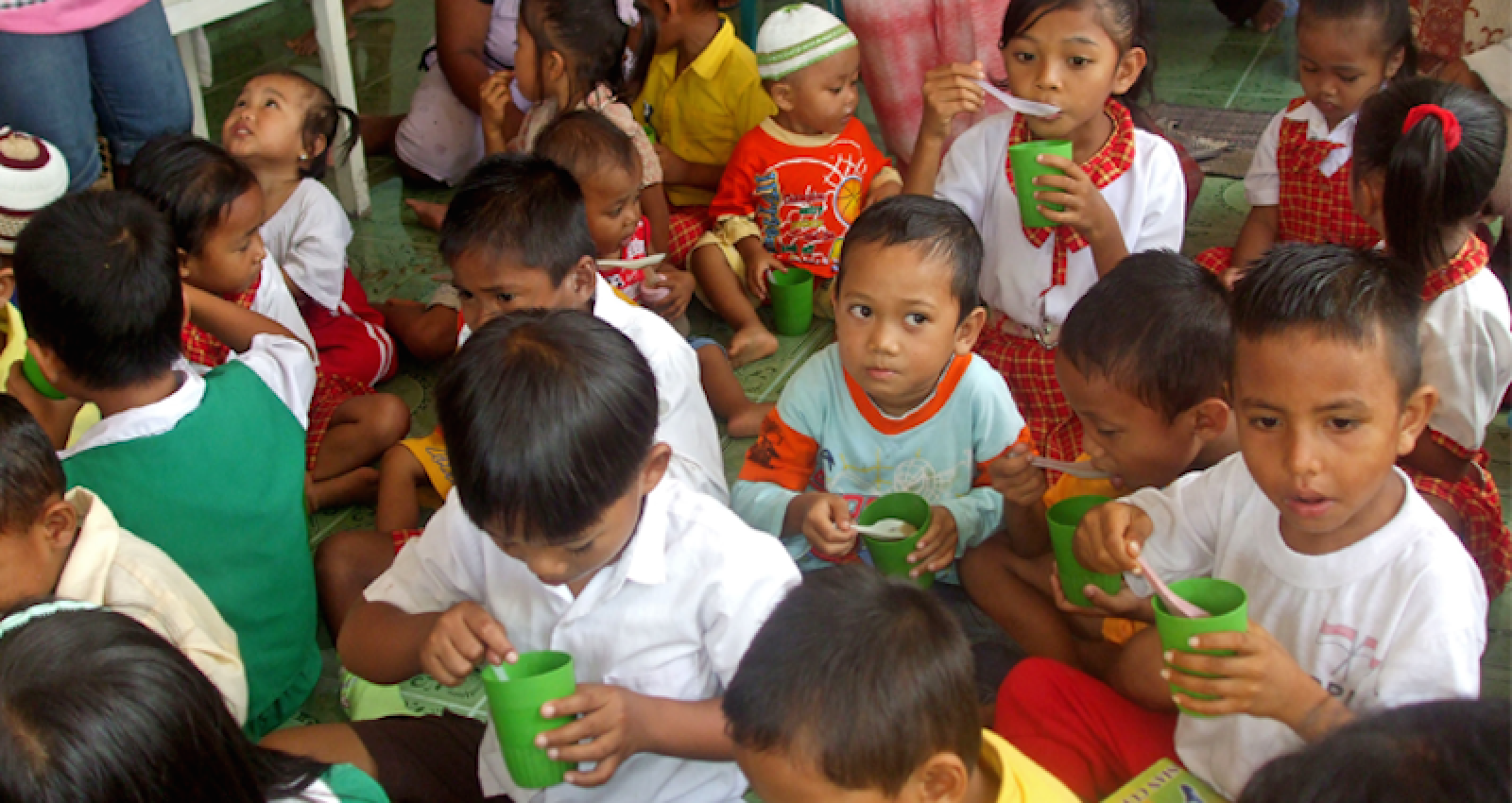Beyond Survival - Are we doing enough to help our children thrive?
Is the World Bank engaging in countries that are the most high-risk to help our children thrive?
Is the World Bank engaging in countries that are the most high-risk to help our children thrive?
By: Susan Caceres
In May last year, the Independent Evaluation Group released its evaluation of the World Bank's support to early childhood development, covering a fourteen year period (FY00 - FY14). The evaluation examines the World Bank's design and implementation of projects supporting early childhood development interventions for the purpose of informing the Bank's future operations. While other IEG evaluations examine maternal and child health, this is the first evaluation by IEG to examine the integrated concept of early childhood development.
The report makes a number of recommendations that speak to how the World Bank and other development actors can be more effective in supporting early childhood development interventions across the developing world.
Consider the facts. According to the World Bank, 39 percent of all children under five in the developing world are stunted, living in poverty, or both. More than 150 million children under the age of five in developing countries do not have access to early childhood education.
So what were the key findings of IEG's evaluation? Here are some highlights.
IEG's evaluation found that the World Bank does a good job of analyzing the benefits of early childhood development and the policy implications. Early development plays a major role in a child's school performance, health, and socialization and future earnings. The early investment in children is also a way to increase equity and economic growth in countries.
Extensive analytical work by the bank has helped highlight the links between poverty and early childhood development, for instance, and how this matters for breaking the inter-generational transmission of poverty.
And yet, despite the World Bank's excellent analytical work, IEG found gaps between what the World Bank knows and what it does in practice, pointing to a need to rethink how and where the World Bank engages when it comes to early childhood development.
Is the World Bank engaging in countries that are the most high-risk? Not exactly. Three quarters of the World Bank's programs that support parents are in the Latin America and Caribbean region. IEG found that the World Bank's nutrition support had limited or no involvement in many of the countries where stunting rates were highest, particularly in Sub-Saharan Africa.
Moreover, while the Latin America and Caribbean region has registered major successes in early childhood development,, similar interventions are not more broadly applied to other at-risk countries where the Bank is active, as the focus has been heavily on health and survival and much less towards child stimulation.
IEG's evaluation calls on the World Bank to be more strategic in where it directs its resources, and highlights the importance of focusing on the most vulnerable children in low-income countries where stunting rates are highest, as well as fragile and conflict affected states.
The IEG evaluation calls for more effective collaboration across the World Bank Group and with other external partners, including the UN Children's Fund, WHO, and UNFP.
Internally, the evaluation found that the World Bank lacks a strategic framework and organization structure toward the development of children that would be necessary to support a coordinated approach internally across different units and externally with clients and other stakeholders. When cross-sector coordination does occur, it derives from staff initiative rather than organizational structure, inhibiting the broader adoption of best practice.
On a fundamental level, the Bank needs to build on its work within maternal and child health, education, nutrition and social protection in the world's poorest countries to include child development interventions, particularly for children under three years old. The bank also needs to build synergies between its work in gender and early childhood development through quality childcare to support women's labor market participation and child development.
To its credit, the World Bank has taken an initial step to strengthen multi-sector coordination around early childhood development with the creation of the ECD Global Solutions group.
The World Bank and other development partners need to put more emphasis on parent support through providing parental education and assistance programs, treatment of maternal depression, early detection of disabilities and developmental delays, and affordable quality childcare to enable workforce participation.
By integrating interventions and parent support programs in health, nutrition and social protection, the World Bank and other actors can leverage early entry points across these sectors beginning with the pre-natal period to reach vulnerable children and families, and achieve better outcomes.

Comments
Ms. Susan Caceres…
Ms. Susan Caceres
Author & Specialist , IEG
Helping the nations and most to the children are great covenant .
Children are the hope of our nations.
Well done, and great more power. GOD bless, IEG / WORLD BANK GROUP
Albert
Bangkok, Thailand
Add new comment